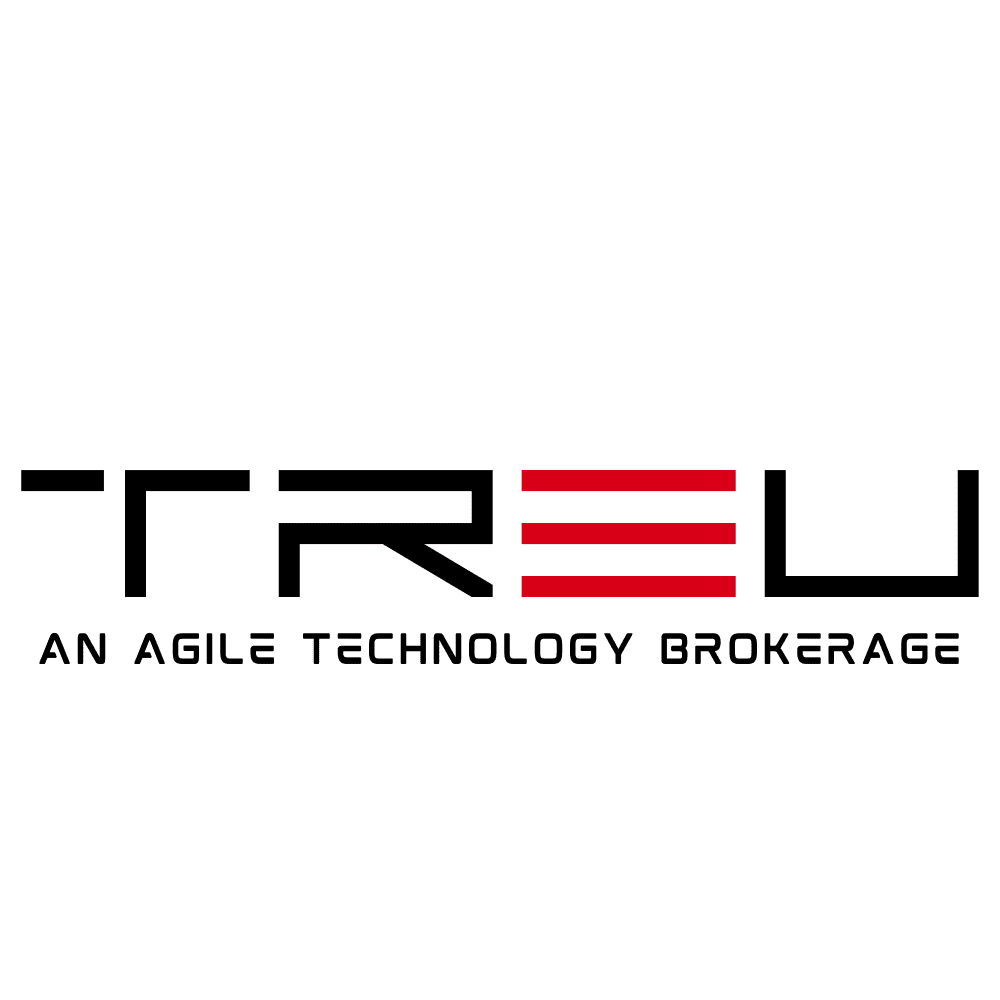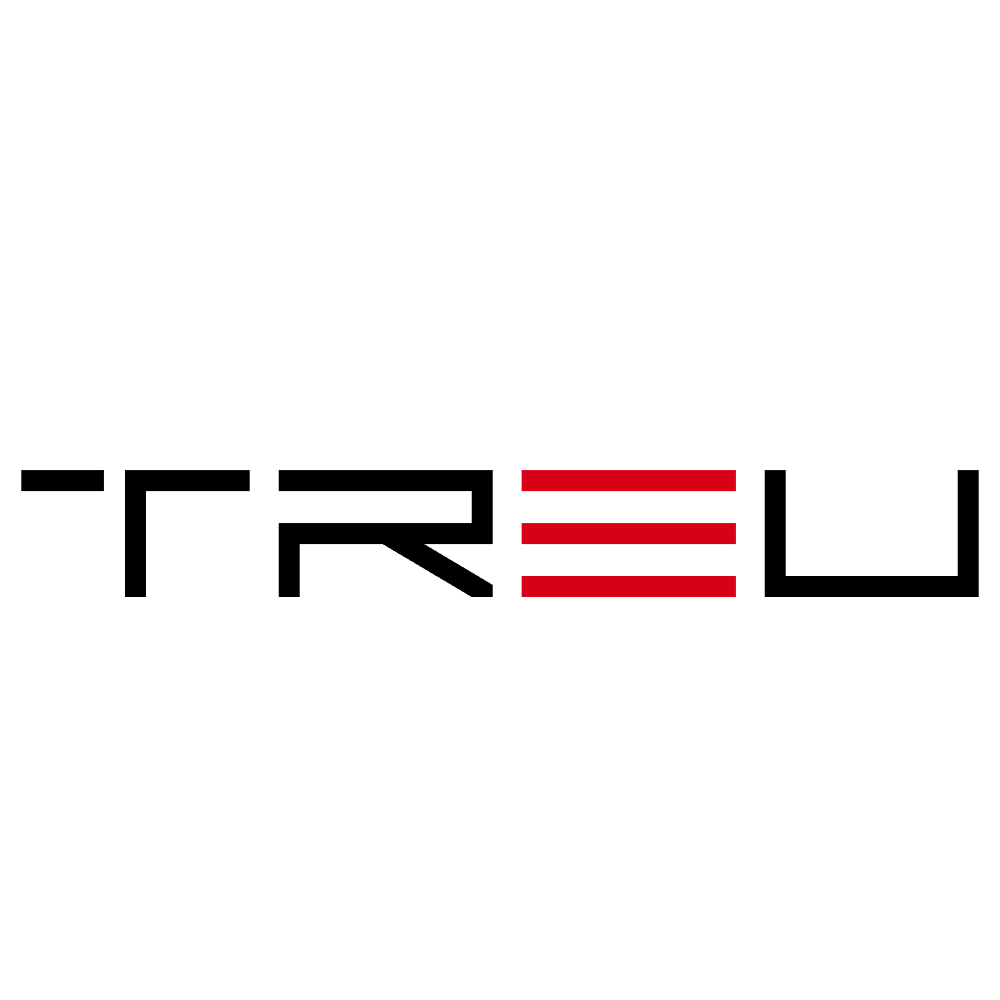North.Cloud Raises $5M and Unveils Next-Gen Cloud OS Solution
In a significant step towards revolutionizing the future of cloud infrastructure, North.Cloud has announced a successful $5 million seed funding round alongside the launch of its groundbreaking cloud operating system. This next-generation Cloud OS is designed to optimize cloud resource management, deliver deeper cost efficiencies, and redefine how enterprises interact with multi-cloud environments.
Fueling Innovation Through Strategic Investment
The $5 million seed round was spearheaded by leading venture capital firm Ridge Ventures, with additional participation from several angel investors and technology executives from the cloud and infrastructure ecosystem. The infusion of capital will enable North.Cloud to scale its engineering team, accelerate product innovation, and broaden market outreach to both enterprise and mid-market customers.
According to the company, this funding milestone represents not just a vote of confidence in its engineering capabilities but also a response to a pressing market need for better cloud optimization tools.
Reimagining Cloud Management: What Makes North.Cloud’s OS Unique?
North.Cloud’s new Cloud OS is more than just another platform—it’s a paradigm shift in how organizations manage, monitor, and optimize their cloud environments. Built to address the complex challenges of today’s multi-cloud reality, it blends automation, AI-augmented insights, and real-time analytics.
Key Features of the North.Cloud OS Include:
- Autonomous Cloud Optimization: The OS leverages machine learning to proactively scale and allocate cloud resources based on usage patterns and performance metrics.
- Unified Visibility: Whether you’re running AWS, Azure, Google Cloud, or hybrid deployments, the OS delivers a consolidated view of all assets across platforms.
- Zero-Touch Deployment: With minimal configuration, teams can roll out the operating system into existing cloud architectures without disruptive downtime.
- Cost Containment Engine: By continuously recommending and executing cost-saving measures, the OS can reportedly cut cloud spending by up to 40%.
- Compliance & Security Guardrails: Built-in security protocols and real-time compliance monitoring safeguard data sensitive workloads from breaches and violations.
“Our customers are spending tens of millions annually on cloud infrastructure and yet struggling with inefficiencies, blind spots, and ballooning costs,” said Omer Singer, Co-founder and CEO of North.Cloud. “We’ve engineered a system that not only brings clarity to the chaos but builds on autonomy to unlock maximum value.”
A Platform Designed for Today’s Hybrid, Multi-Cloud Reality
As organizations move away from single-cloud strategies, the demand for smarter cloud-native tools has never been higher. North.Cloud steps into this gap, offering a platform that grows with the needs of enterprise-scale digital transformation. Whether companies are running containerized apps on Kubernetes or building serverless deployments, the Cloud OS provides seamless support.
In addition, North.Cloud’s system prioritizes interoperability. The company confirmed that its OS supports API-based integration with popular DevOps tools and cloud-native solutions including:
- Terraform
- Docker
- Prometheus
- Grafana
- Slack and Microsoft Teams for alerting and chat-ops collaboration
With these integrations, North.Cloud ensures that teams don’t need to overhaul their existing workflows— rather, they can enhance them with more intelligent observability and management capabilities.
The Market Opportunity: Solving Cloud Complexity at Scale
According to research from Gartner, enterprise cloud spend will surpass $600 billion globally by 2025. Yet nearly 70% of organizations admit they face challenges managing cloud cost, performance visibility, and security.
North.Cloud’s operating system positions itself at the center of this market demand. By offering an intelligent orchestration layer across multiple providers, it not only dismantles cloud silos but turns infrastructure from a cost center into a competitive advantage.
Companies Can Expect the Following Benefits From North.Cloud:
- Reduced Total Cost of Ownership (TCO) through automated optimization
- Faster Incident Resolution via real-time anomaly detection and auto-remediation
- Stronger Governance driven by policy automation and audit-ready reporting
- Happier DevOps teams with less manual intervention and smarter tooling
“North.Cloud brings a dynamic, AI-assisted layer to cloud operations that requires almost no human oversight,” said Josh Stein of Ridge Ventures. “This is one of the most exciting cloud infrastructure platforms we’ve seen—smart, scalable, and immediately impactful.”
What’s Next for North.Cloud?
With the seed funding secured, North.Cloud is looking ahead to the next phase of growth. The company plans to:
- Expand its engineering and product team to iterate quickly on features and user experience
- Launch new partnerships with cloud consultancies and managed service providers
- Roll out case studies and benchmarks to showcase the platform’s ROI across industries
- Pivot towards enterprise expansion targeting sectors such as fintech, healthcare, and e-commerce
In the coming months, North.Cloud is expected to release additional modules to its Cloud OS, including advanced FinOps dashboards, automated patching with AI-driven severity scoring, and integrations with container security tools.
Final Thoughts: A Bold Future for Cloud Operations
As the cloud economy continues to mature, North.Cloud is making a decisive bet on what comes next—autonomous infrastructure management powered by real-time data and intelligent automation. With $5M in fresh funding and an impressive product debut, the company is quickly becoming a major contender in the rapidly evolving cloud-native ecosystem.
For companies struggling with cloud complexity, North.Cloud offers a much-needed compass in a chaotic digital landscape—one that promises efficiency, transparency, and control like never before.
Stay tuned as North.Cloud rolls out additional features and partnerships in what could be a defining year for cloud operations across industries.

